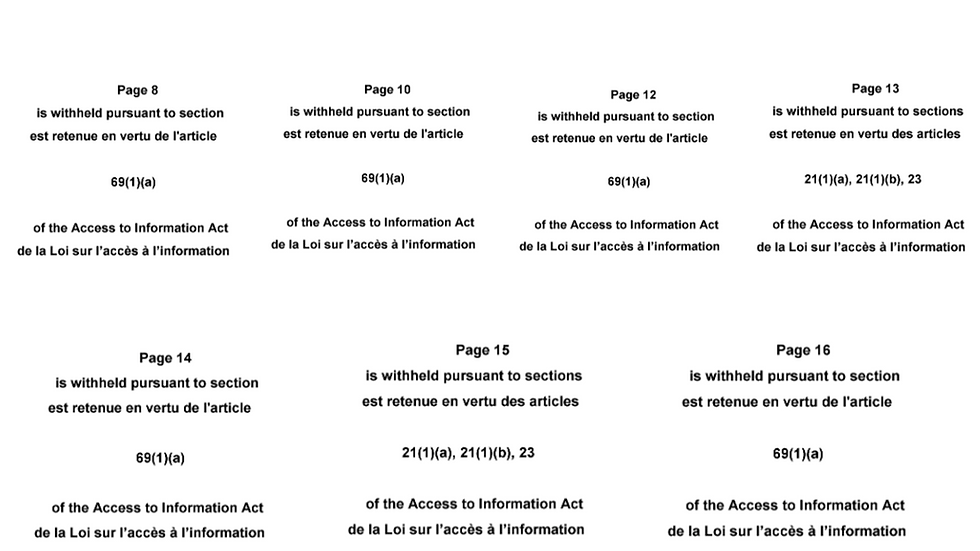Why we need to keep & use female sex language
- Karrie

- Jul 13, 2021
- 3 min read
We all want to be accommodating. We want to make everyone feel welcome and included. Yet sometimes there is a cost to doing that. So let's examine why it's important to keep sex-based #language.

The equity factor
Menstruators. Pregnant individuals. Cervix havers. Bleeders. Chest feeders. Uterus owners. Breeders. Birthers. Vagina owners. These are the words and phrases that have become commonly used in ads, articles, medical professionals, and politicians. Men and boys are still referred to as, well, boys and men. So not only is it dehumanizing for females to now be referred to as an organ or physiological function, the same consideration is not afforded to the opposite sex.
What's "inclusive" is actually exclusive
It's being nice. It's inclusive. But - it's not. In 2017 a report showed that 44% of UK women have no clue what the function of the cervix is. And many less women are getting pap smears, something that is integral to detecting cervical cancer. What's even more worrying is disadvantaged women and women whose first language is not English do not know these terms. The result of this is women that fall in one or both of those two groups will be excluded from health campaigns that are meant to reach them. In short: medical conditions that would otherwise be caught early on through preventative screening would not have as wide of a reach. Meaning serious illnesses and diseases like cancer would go undetected in large groups of women.
What is further to exclusivity in what is deemed as "inclusive" language is that women and girls are being actively prevented from being able to openly discuss issues that are specific to their unique lived experience - whether it be medical issues that can only affect females to experiences of sex-based oppression that only women and girls experience that happens to different degrees and various forms depending on the culture and region she lives in. Women who speak about their experience with Female Genital Mutilation being told they are leveraging their trauma so they can exclude others. Women being banned and kicked off social media platforms because they are using sex-based language to express how they are struggling emotionally with PCOS. Women being told they are not allowed to speak about ovarian cancer in a woman's cancer support group because one individual feels uncomfortable and then told not to return when the organizer is asked if another support group could be formed. The federal government kicking out women from the WAGE-sponsored Feminist Recovery Response Forum in March 2021 for insisting on using the word female and others being censured from speaking about sex-based oppression.
The "inclusive" language that has been adopted is bringing women and girls backwards. Women and girls must be able to communicate about their issues, experiences, and bodies in clear terms that are easy to understand. If that is removed the many issues that still exist will not be able to be spoken about and be given the appearance of it not being as big of an issue.
This issue is so intertwined in policy that the government does not recognize woman as a separate class of persons with unique biological needs anymore. It turns out that the Department of Justice has re-defined woman to mean "anyone who identifies as a woman". WAGE does not use any particular definition of woman. The word man has not been given the same treatment.
How are we to bring attention to an issue when we cannot clearly state what it is? How can women speak about an issue when they are shamed for using accurate language? Especially considering it wasn't that long ago when speaking about things like menstrual cycles was no longer taboo.



Comments